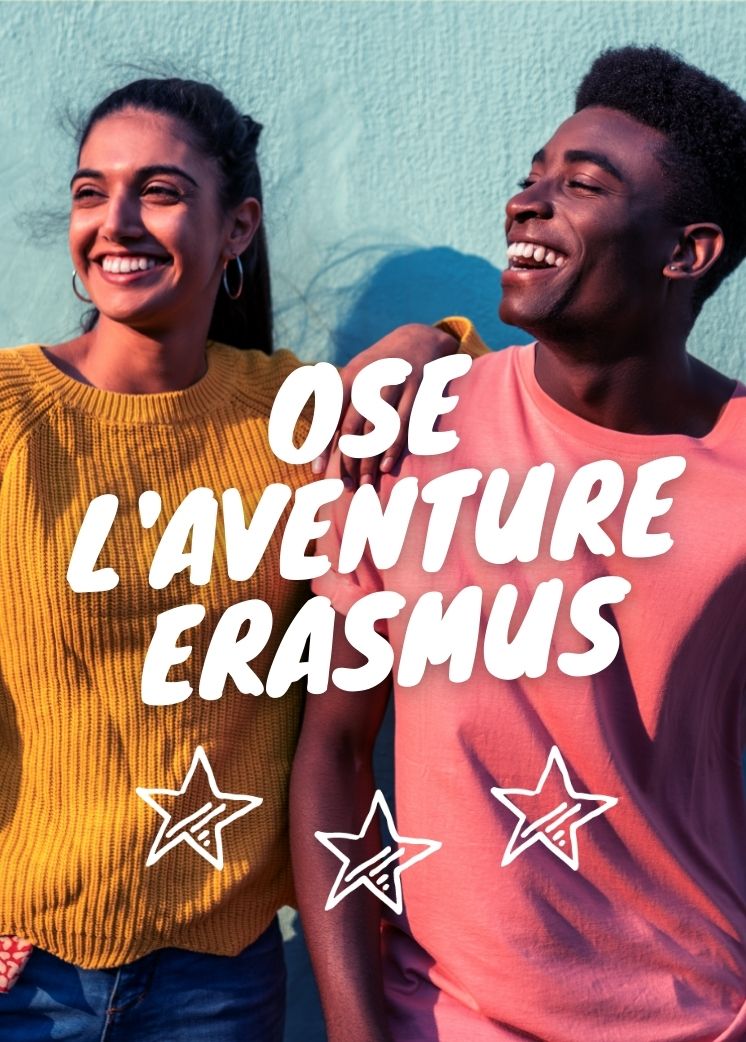This article was thought and written by Franja Gabrovšek Schmidt from Gorenjska Regional Development Agency, BSC, Business Support Center, Kranj [Slovenia]
On Wednesday, October 13, 2021, the partners of the VET4Change project visited Molsheim, a town near Strasbourg in the Grand-Est region. We met Céline Armspach - project manager at the youth and sports department and Mathilde - in civic service, who work at the Grand-Est regional council, to discuss youth issues and who gave us an interesting overview of the work with young people in the region.
The Grand-Est region is one of the 18 regions of France and covers 574 km333 representing 2% of France. In the region there are 9 young people aged 985.120 to 15, out of 29 inhabitants, which represents 5.553.600%. The Region has 17,7 high school students and each high school student in the region receives a computer for free. As part of the Lycée 217.000 system, 4.0% of students in the Grand Est region are equipped with a laptop computer at the start of the 100 school year.
The region invests one billion euros in different activities for young people on different themes. They focus on four major challenges as the keys to a bright future for young people:
- integration and guidance of young people,
- mobility,
- entrepreneurship and
- youth engagement and citizenship.
To facilitate the orientation of young people towards employment, the platform EAST for young people has been implemented. The platform gives a lot of information that can help young people to find a job. The platform is the response part of the challenge for the region which is to help young people find jobs and housing. It's access to information. In this regard also the device LOJ'Toît Young has been developed. The platform helps young people find accommodation close to their place of study or work.
Help young people to broaden their horizons. The mobility of high school and university students is offered by the region. Students can train abroad and can also work abroad. The regional mobility committee decides on the applications. For students, the ability to organize everything related to travel, to travel on their own and to communicate in a foreign language are the challenges and young people change and develop in this way. Often the lack of language skills is the problem, the language barrier is the challenge they face. Mobility is often a bigger problem for students in rural areas than for young people in cities. In this regard, the language platform for learning different languages has been developed. It is the regional council's tool, to motivate people to learn foreign languages, developed as the new approach to facilitate the language issue.
Young is is a generalist platform and also a linguistic platform which gives young people various information (sporting and cultural events, reduction on good prices, videos of motivation of young entrepreneurs, young people involved in different associations,…). To date 190.000 young people have registered on the platform. The goal for the future is to also create the application for phones.
In the region, several frameworks of engagement and citizenship for young people exist. One of them is the regional youth council, which works in the same way as parliament. 72 young people reflect politics for young people - young people for young people, without any consideration for political parties. Young people can apply for the open call to be part of the regional youth council “young parliament”. The selection is interesting, it is done according to the random principle - lottery. They apply for the period of two years, every two years the members change with the new call. Young people from very different backgrounds can be part of the story.
One of the four main key challenges for a better future for young people is also to encourage young people to be entrepreneurs. To this end, they have developed two platforms, one at national level and the other at regional level. Youth entrepreneurship is the platform designed by the region as a framework to help young people as potential start-ups. They can also benefit from financial aid up to 5.000 euros for good business ideas. The Region is preparing the open call for applications with a business plan, addressed to all young people in the Grand Est Region. Supported companies must report on their activities for the first year. The region includes them in public events and also helps them in promoting their products and services. They make web series - short films with young people who have created businesses (vimeo short films).
What was interesting to see and hear from Céline and Mathilde is that there are also volunteers who work at the regional council. Because they want to be the voice of young people in the regional council and they want to be useful on the subjects that are close to their hearts. Matilde, who started as a civic service volunteer in the youth section of the regional council, will go to rural areas to meet young people, see what they are doing and facilitate access to their ideas to the regional council. She will tell them about the opportunities and the tools they can use.
Focusing on young people is one of the areas of work alongside economic development, the environment, transport, sport, vocational training, cross-border cooperation, high schools, etc. The Region is mobilizing capacities to support and prepare the inhabitants of the Grand Est, especially young people, for the accelerating transitions


